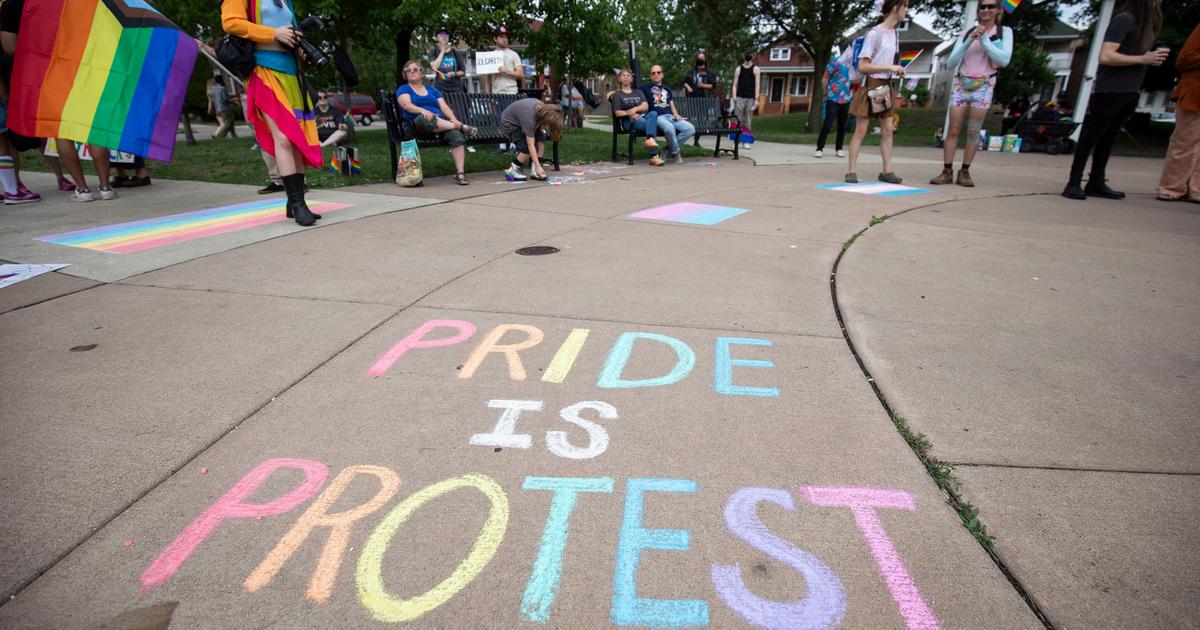Sundos Saleh and Iman Khatib Yasin, nominees 14 and 15 on the joint list, would love to hear about the irresponsible indifference and the futile protest of a minority of national camp voters considering staying home. Avoiding the short walk to the ballot box, and with their hands avoiding the ballot, will contribute to a historic accomplishment of the joint list.
The loss of the right, although constituting a majority, is usually due to three factors, singly or together: first, voting for parties that do not pass the blockade, such as voting expected for Jewish power; Second, participation rates are significantly lower than those of the left in its major voting districts; And finally, many right-wingers are tempted by temporary center parties or right-wing tails that have settled as a minority in left-wing parties, such as Talmud representatives in blue and white.
Between April and September, it is widely believed that participation rates may decline in the face of frequent elections. There were even calls to avoid participation as a protest. Moti Sheklar, for example, who held senior positions in the Israeli media, claimed that "it is time to protest and declare a voting rebellion." To the best of my recollection, no such calls were heard in the left-wing camp for the slogan "just-bibi."
A slight increase of nearly 1.5 percent in the participation rate between April and September could be deceiving. The bulk of the contribution to the slight increase was contributed by Arab voters, whose participation rates rose from 50 percent in April to 60 percent in September. They were joined by Shas voters and Torah Judaism, whose strong ballot box marked a slight increase, and these are ultra-Orthodox voters who are often unaffected by fluctuations in the general public.
The national camp has to worry about what happens at Likud polls and religious Zionism. Although the Likud strong polls did not show a change in participation between April and September, they still have a low participation rate of only 65 percent, compared with 72 percent participation in the strong blue-and-white polls.
Is this a decree of fate? Recent history proves not necessarily. Let us recall the struggle that seems lost on the eve of the 2015 elections against the Zionist camp. One of the reasons for the Likud victory then was the dramatic change in participation rates. In all types of polling there was an increase in participation compared to 2013, but Likud polls saw a particularly significant increase of close to 6 percent, from about 66 to about 72 percent. The gap between the Likud polls and the Zionist camp was reduced to only two percent, proving that the Likud polls can reduce the large gap that exists today between the two types of polling stations. Reducing similar gaps in a week and a five percent increase in Likud polls, more obviously, may bring close to two more Likud mandates alone.
In religious Zionism, the situation is worse. This is the group that regularly scores the highest rates in the country, more than the ultra-Orthodox. There has always been more than 80 percent participation in the significant Zionist polling stations. Between April and September, these polls saw the largest relative decline of close to 3 percent in attendance. Elkana and Beit El were ranked in the list of ten localities with the largest dropout rates in the country between the two election campaigns. Even if it is a little, sometimes that little is exactly what is missing from the critical mandates of the bloc parties.
Knesset elections are not a choice of life partners or friends. For most voters, elections are a minority choice. The rightists are required to think about the future implications of their vote. And the only, exclusive, relevant implication is whether a left or right-wing government will be formed. Therefore, voting for the seemingly "right-wing" party, Jewish power, which will not pass the block, is a vote to the left. point. Staying at home because of apathy or some sort of protest against the candidate I don't like is raising the relative weight of the left, and actually choosing the left.
They don't have to think that if they don't get to the polls they won't vote. They definitely vote. to the left. Right-wingers, get out of indifference, vote.
Prof. Asher Cohen is Head of the School of Communication at Bar-Ilan University
For further opinions of Asher Cohen








